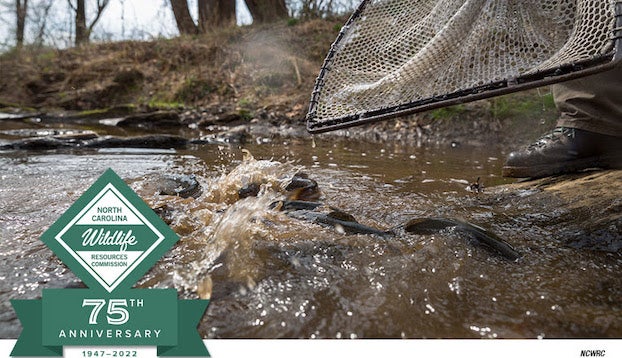Annual bear survey and other NC wildlife updates
Published 4:30 pm Tuesday, March 8, 2022
|
Getting your Trinity Audio player ready...
|
The North Carolina Wildlife Commission is seeking important feedback from bear e-stamp holders, even if you did not hunt bear in 2021. The information you provide will help guide management decisions for black bears and bear hunters and will be used to evaluate current and future regulations and statutes.
Your response will help the Commission determine the annual number of active bear hunters in North Carolina and hunter success rates by harvest method.
Your information will also help determine if changes in harvest levels are due to changes in hunting methods, the number of bear hunters, or actual changes in bear population. This information will assist in evaluating both current and future regulations and statutes, as well as management options. Visit ncpaws.org to participate.
The Nongame Wildlife Advisory Committee (NWAC) is seeking nominations for its board. Nominations will be accepted through April 30, and the new terms will begin in Jan. 2023. For more information, visit the NWAC page.
Approximately 1,000 miles of Hatchery Supported Trout Waters, marked by green-and-white signs, will be closed until April 2 for stocking. In 2022, 964,000 trout will be stocked at frequent intervals through June- 96% of which will average 10 inches in length, with the other 4% exceeding 14 inches in length. Anglers can harvest a maximum of seven trout per day, with no minimum size limit, gear or bait restrictions.
The 2021-22 North Carolina Regulations Digest states that anglers cannot harvest or possess blueback herring and alewife, known as “river herring,” greater than six inches in length in inland fishing waters of coastal rivers and their tributaries. This includes the Roanoke, Tar, Neuse, Cape Fear, Waccamaw and Pee Dee rivers up to the first impoundment of the main course of the river. Also, the Lumber River, including Drowning Creek, and all other inland fishing waters east of I-95. Contact the Division of Marine Fisheries for coastal water regulations.






